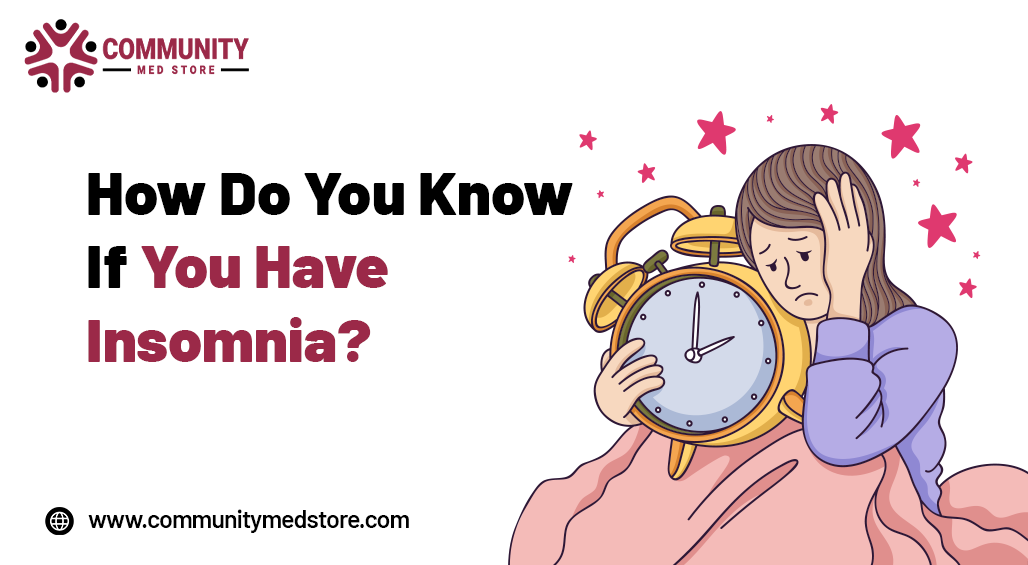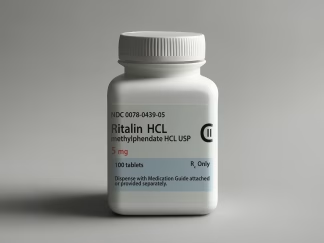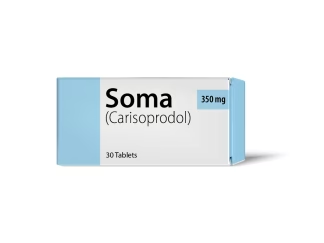
Recognizing Insomnia: Signs, Symptoms, and Solutions
A vital component of our general health and wellbeing is sleep. It rejuvenates our body, sharpens our mind, and prepares us to tackle the challenges of a new day. But getting a good night’s sleep can be a difficult task for a lot of people. Insomnia is a common sleep disorder that affects millions of people worldwide, impacting their quality of life and productivity. In this blog post, we will delve into the intricacies of insomnia, exploring its signs, symptoms, causes, and potential solutions.
Understanding Insomnia
Despite having enough opportunities for sleep, sleeplessness is defined by ongoing difficulties falling asleep, remaining asleep, or obtaining restorative sleep. It can appear in several ways, such as:
Difficulty falling asleep: Individuals with insomnia may find it challenging to initiate the sleep process, lying awake in bed for extended periods.
Frequent awakenings: Restlessness can disrupt the natural sleep cycle, causing individuals to wake up multiple times during the night and struggle to return to sleep.
Early morning awakenings: Some individuals with insomnia experience early morning awakenings, where they wake up several hours before their desired wake-up time and are unable to fall back asleep.
Non-restorative sleep: Even after spending several hours in bed, individuals with insomnia may wake up feeling tired, fatigued, and unrefreshed, impacting their energy levels and cognitive functioning during the day.
Signs and Symptoms of Insomnia
Recognizing the signs and symptoms of insomnia is crucial in addressing the issue and seeking appropriate interventions. Common signs of sleeplessness include:
Persistent difficulty falling asleep: If you consistently struggle to fall asleep within a reasonable timeframe, despite feeling tired, you may be experiencing insomnia.
Frequent nighttime awakenings: Waking up multiple times during the night and finding it challenging to go back to sleep is a hallmark symptom of sleeplessness.
Daytime fatigue and irritability: Insomnia can lead to daytime consequences, such as fatigue, irritability, mood swings, and difficulty concentrating, affecting your overall well-being.
Impaired performance: Sleep deprivation due to insomnia can impair cognitive function, memory retention, decision-making skills, and overall productivity.
Physical symptoms: Chronic insomnia can manifest in physical symptoms like headaches, muscle aches, gastrointestinal issues, and immune system dysfunction, further complicating the individual’s health.
Causes of Insomnia
Sleeplessness can stem from a multitude of factors, both internal and external. Some common causes of insomnia(sleeplessness) include:
Stress and Anxiety: High levels of stress, anxiety, or racing thoughts can keep the mind active and hinder the ability to relax and fall asleep.
Poor Sleep Habits: Irregular sleep schedules, excessive screen time before bed, and disruptive bedtime routines can contribute to the development of sleeplessness.
Medical diseases: Sleep patterns can be disturbed and sleeplessness can result from underlying medical diseases like acid reflux, asthma, chronic pain, and hormone abnormalities.
Mental Health Disorders: Conditions like depression, bipolar disorder, PTSD, and anxiety disorders are often linked to sleeplessness due to altered neurotransmitter levels and disrupted sleep-wake cycles.
Medications and Substances: Certain medications, stimulants (e.g., caffeine, nicotine), and substances can interfere with sleep architecture and contribute to insomnia.
Addressing Insomnia: Treatment and Management Strategies
Managing insomnia involves a multi-faceted approach that addresses the underlying causes and promotes healthy sleep hygiene. Effective treatments for sleeplessness include:
Cognitive-Behavioral Therapy for Insomnia (CBT-I): CBT-I is a structured therapeutic approach that targets the cognitive and behavioral patterns contributing to restlessness. It aims to reframe negative thoughts, establish consistent sleep routines, and promote relaxation techniques for better sleep quality.
Sleep Medications: In some cases, healthcare providers may prescribe sleep aids to help individuals with insomnia achieve better sleep quality. However, these medications should be used judiciously and under medical supervision due to the risk of dependency and side effects.
Lifestyle Modifications: Implementing healthy sleep practices, such as maintaining a consistent sleep schedule, creating a conducive sleep environment, limiting caffeine and alcohol intake, and engaging in relaxation techniques, can positively impact sleep quality and duration.
Stress Management: Managing stress through mindfulness practices, meditation, yoga, or therapy can alleviate the psychological burden contributing to wakefulness and promote relaxation before bedtime.
Alternative Therapies: Techniques like acupuncture, aromatherapy, and herbal supplements are emerging as complementary approaches to managing insomnia and promoting relaxation.
Cultivating Healthy Sleep Hygiene
In addition to targeted treatments, adopting healthy sleep hygiene practices can significantly improve sleep quality and overall well-being. Some tips for cultivating healthy sleep hygiene include:
Maintain a Consistent Sleep Schedule: Go to bed and wake up at the same time each day, even on weekends, to regulate your internal body clock and enhance sleep quality.
Establish a Calm Bedtime Routine: Before going to bed, try reading a book, having a warm bath, or practicing relaxation techniques to let your body know it’s time to unwind.
Optimize Your Sleep Environment: Make your bedroom conducive to sleep by ensuring it is dark, quiet, cool, and free of distractions like electronic devices.
Limit Stimulants and Alcohol: Avoid consuming caffeine, nicotine, or alcohol close to bedtime, as these substances can disrupt sleep patterns and lead to insomnia.
Exercise Regularly: Engaging in physical activity during the day can promote better sleep quality and help regulate your circadian rhythm, leading to more restful sleep.
Conclusion
Insomnia is a prevalent sleep disorder that can significantly impact an individual’s quality of life, productivity, and overall health. By recognizing the signs and symptoms of wakefulness, understanding its causes, and implementing effective treatment and management strategies, individuals can take proactive steps to improve their sleep quality and well-being. Cultivating healthy sleep hygiene practices, seeking professional guidance when needed, and prioritizing self-care can pave the way toward restful nights and revitalized days. Remember, a good night’s sleep is not just a luxury; it’s a necessity for thriving in all aspects of life.
















































